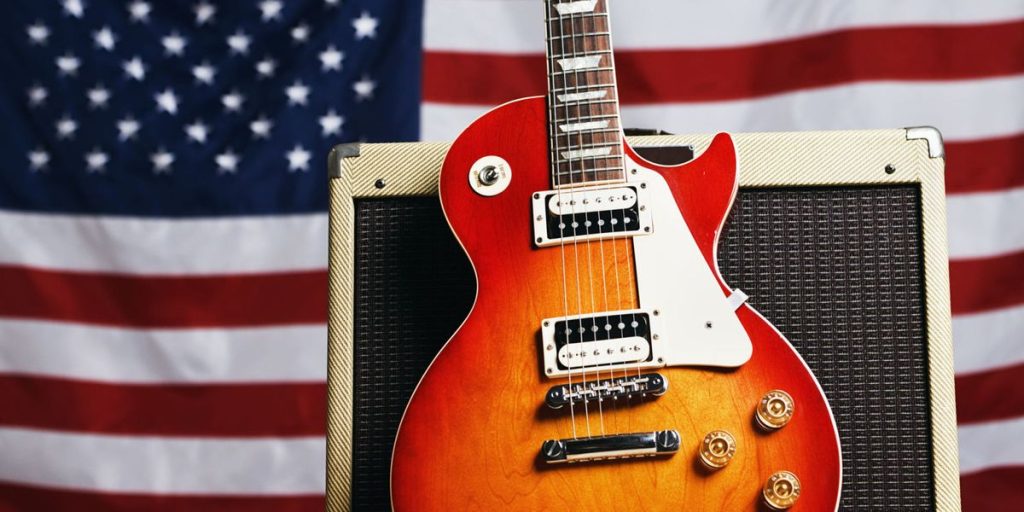March 10, 2022
Continued streaming growth drove a 23.4 percent year-over-year improvement in U.S. recorded music revenue during 2021, elevating the figure to about $14.99 billion, according to a newly released report from the Recording Industry Association of America (RIAA).

The RIAA published its latest yearend analysis today, and the document discloses off the bat that recorded music revenue in the United States came in at the aforementioned $14.99 billion for “estimated retail value” and at $9.8 billion for “wholesale value” in 2021. “Retail Value is the value of shipments at recommended or estimated list price,” the text elaborates. “Formats with no retail value equivalent included at wholesale value.”
Of course, certain items may ultimately sell for less than the “recommended or estimated list price” – meaning that the provided retail-value figure could be somewhat inflated from the worth of actual sales. Additionally, the RIAA itself acknowledged that 2021’s almost $15 billion in annual revenue, while technically the highest to date, is “37% below” that of 1999 when “adjusted for inflation.”
Digging into the RIAA’s 2021 report, the trade organization said that 83 percent of stateside recorded music revenue, like in 2020, came from streaming.
On the streaming side (which reflects TikTok income for the first time), the breakdown indicates that paid music subscriptions in the U.S. reached an annual average of 84 million in 2021, up from 75.5 million in 2020 and 60.4 million in 2019. Needless to say, streaming services’ premium revenue has jumped in tandem with this subscribership hike. Ad-supported streaming, for its part, expanded by 46.7 percent YoY in 2021, to $1.76 billion, per the RIAA.
The most noteworthy takeaway on the physical side – and possibly the most noteworthy takeaway from the RIAA’s 2021 report – is the ongoing growth of vinyl, which experienced an almost $400 million YoY revenue boost, according to the RIAA.
The continued rise in screaming has left Artists losing out on millions of unclaimed royalties due to errors in metadata . Music matching technology can help music rights organisations address this issue and ensure accuracy.
There is a huge discrepancy between the music being played and the royalties being paid. Much of this can be attributed to bad, unorganised and inconsistent music metadata.
The Matching Engine uses automated parameters to identify and match data. A foundation of Azure and Databricks technology provides the ability to process and transform data from various streaming platforms and in different formats at scale.